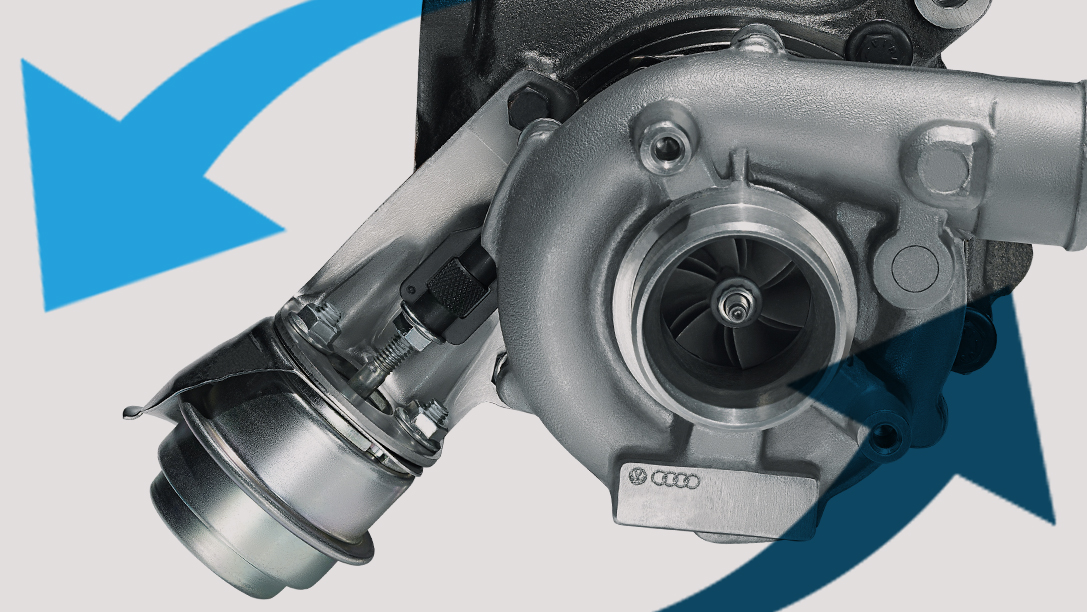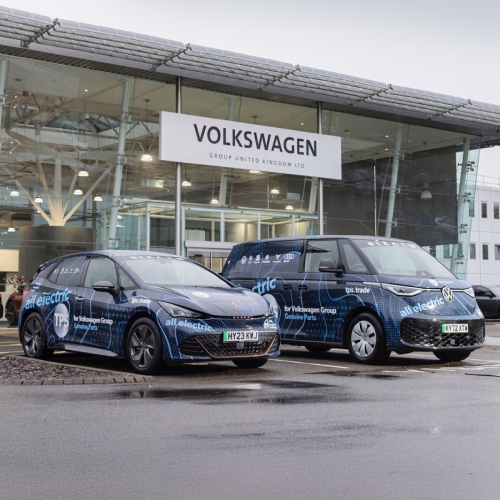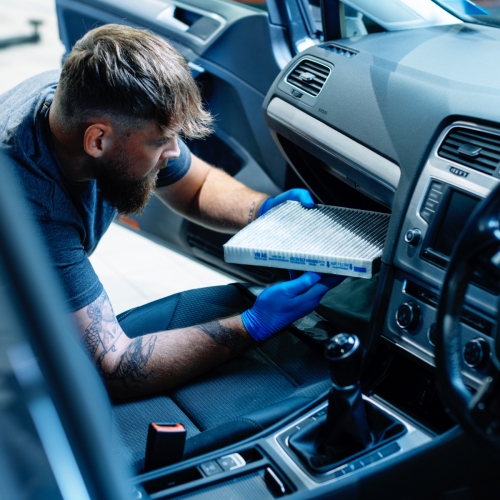The evolution of vehicle technology and an aging vehicle parc has created a need for more cost-effective repairs, particularly the replacement of high value parts such as turbochargers and control units.
Whilst remanufactured parts are a well-established alternative in the automotive aftermarket, there is now a growing demand for quality and reliability equal to that of a genuine new unit.
This, combined with the pressure on natural resources and raw materials, means that high quality remanufactured parts that reduce costly repairs will become the first choice for both customers and manufacturers alike. The Volkswagen Group has recently introduced a range of Approved Remanufactured parts, beginning with a selection of turbochargers and DQ200 gearboxes.
Remanufacturing processes
Some aftermarket suppliers adopt a very basic approach involving just a basic visual inspection and the replacement of components that have contributed to the fault or failure. The majority of OE suppliers and vehicle manufacturers mandate a more comprehensive process that mirrors the level of detail employed in the production of a new unit.
This is the case for all remanufactured parts supplied by the Volkswagen Group including the new range of Approved Remanufactured Turbochargers
The process begins with a unit that is returned following the purchase of an exchange part, which is completely disassembled, including the compressor / turbine assembly, right down to the individual seals, washers and screws.
Every component is inspected in line with the same quality standards and tolerances employed for new units fitted in vehicle production. Any that do not conform are replaced with brand new OE quality components, regardless of whether they are related to the original fault or failure, along with all seals, washers, bearings and balance weights. The housings are subjected to a comprehensive industrial cleaning process and re-used, along with the turbine shaft, which is how the cost-savings are achieved.
The unit is then reassembled, balanced and tested to the strictest of tolerances, critical in ensuring the boost characteristics and throttle response matches the original specification. Following a final quality check, the end result is a remanufactured part with the performance, reliability and efficiency identical to that of a brand-new unit.
Quality
There are no defined standards for remanufacturing in the automotive industry. This means that components of a lower quality with inconsistent tolerances are often used within cheaper remanufactured parts with little or no calibration.
In the case of a turbocharger, this increases the risk of a premature failure and the likelihood of consequential damage, leading to a second more costly repair. The only way to avoid this risk is to fit an approved OE quality unit where the quality of the internal components and the calibration of the part is guaranteed.
Volkswagen Group’s remanufactured parts are subject to a comprehensive process that replicates the level of detail employed in the production of a new unit. This process is applied to the initial range of Approved Remanufactured turbochargers and DQ200 DSG gearboxes offered by TPS, with the release of further part numbers in 2019. Contact your local TPS Centre for more details.




